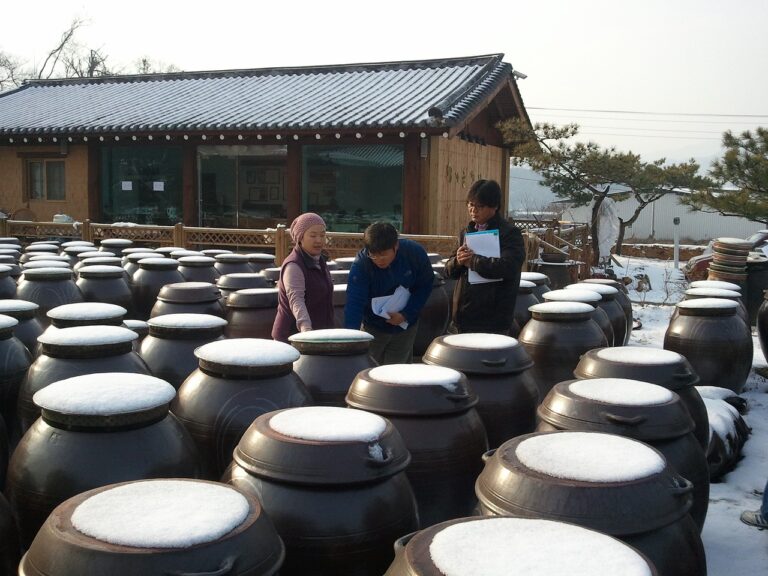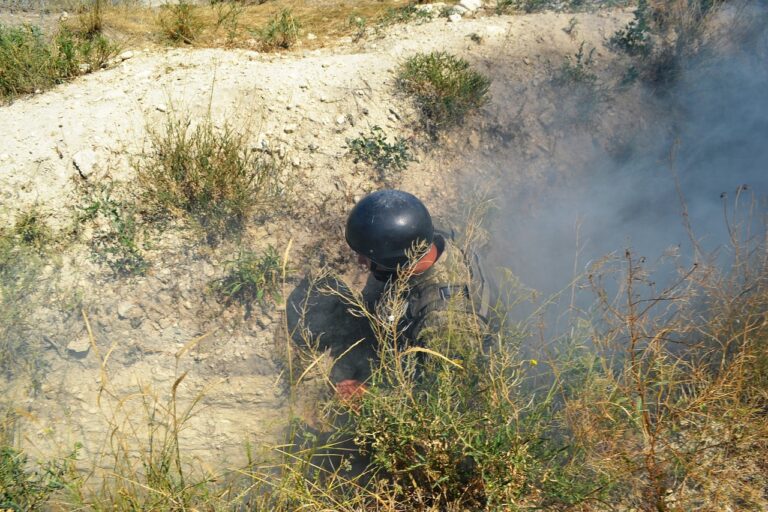Food Hygiene Officer Course: A Complete Guide for Aspiring Professionals
In today’s rapidly growing food industry, ensuring safety, cleanliness, and compliance with regulations is more important than ever. Whether it’s a small restaurant, a large catering business, or a packaged food manufacturer, hygiene standards directly impact customer health and business reputation. This is where specialized training comes in, and enrolling in a Food Hygiene Officer Course is one of the best ways to gain the knowledge and credentials needed to succeed in this field. With structured training, aspiring professionals can develop the skills to oversee food safety practices, conduct inspections, and ensure compliance with national and international standards.
Why Food Hygiene Matters
Food hygiene is not just about keeping kitchens clean. It encompasses every step of the food chain, from sourcing raw ingredients to processing, storage, preparation, and serving. A single lapse in hygiene can lead to foodborne illnesses, spoilage, and even long-term reputational damage for businesses. Consumers today are also more aware and cautious about the food they consume, making food safety a non-negotiable element of the industry.
For these reasons, organizations are increasingly hiring professionals who can implement and monitor hygiene standards. A well-trained officer ensures that businesses comply with regulatory requirements, avoid penalties, and build trust among customers.
What is a Food Hygiene Officer?
A Food Hygiene Officer plays a pivotal role in monitoring and maintaining food safety standards within an organization. They are responsible for:
-
Inspecting food preparation and storage areas
-
Ensuring staff follow proper hygiene practices
-
Conducting audits to check compliance with regulations
-
Training employees on food safety guidelines
-
Reporting issues and recommending corrective actions
This role is crucial in restaurants, hotels, catering companies, food processing plants, and retail outlets. Without such officers, businesses risk failing inspections, losing licenses, and facing costly legal actions.
The Importance of a Food Hygiene Officer Course
Enrolling in a Food Hygiene Officer Course is the first step toward building a successful career in the food industry. Such a course provides structured learning about foodborne diseases, hygiene regulations, hazard analysis, risk assessment, and international food safety standards.
Students not only gain theoretical knowledge but also practical skills such as how to conduct inspections, document compliance, and handle emergencies like contamination or outbreaks. Employers value candidates who have completed such training, as it demonstrates commitment and expertise in food safety.
Skills Gained Through the Course
-
Knowledge of Food Laws and Regulations – Trainees learn about local and international food hygiene standards, including HACCP (Hazard Analysis and Critical Control Points).
-
Risk Assessment Techniques – The ability to identify potential hazards in the food supply chain.
-
Inspection and Audit Skills – How to carry out systematic checks of food preparation areas.
-
Communication and Training – Skills to educate staff and ensure everyone follows hygiene protocols.
-
Problem-Solving – Handling food safety issues promptly and effectively.
Who Should Enroll in a Food Hygiene Officer Course?
This course is not limited to one profession. It benefits a wide range of individuals, such as:
-
Restaurant and catering managers
-
Food processing employees
-
Quality assurance professionals
-
Hospitality workers
-
Aspiring entrepreneurs in the food business
-
Students pursuing a career in food science or hospitality management
By gaining certification, participants can open doors to higher-level positions and increase their career prospects in the global food industry.
Career Opportunities After Completing the Course
Completing a Food Hygiene Officer Course can lead to diverse career paths. Graduates can work in:
-
Food Manufacturing Plants – Ensuring compliance during large-scale production.
-
Hospitality Industry – Overseeing safety in hotels, restaurants, and catering services.
-
Retail Outlets and Supermarkets – Monitoring food handling in storage and display.
-
Government and Regulatory Bodies – Conducting inspections and enforcing standards.
-
Consultancy Firms – Advising businesses on food safety management systems.
With globalization and increasing demand for processed and packaged food, the need for trained hygiene officers continues to grow worldwide.
Benefits of Taking the Course
-
Professional Recognition – Certification enhances credibility and employability.
-
Regulatory Compliance – Businesses prefer hiring certified officers to meet legal standards.
-
Improved Career Growth – Specialized skills create opportunities for advancement.
-
Contribution to Public Health – Officers play a direct role in preventing foodborne diseases.
-
Global Opportunities – Knowledge of international standards can open doors to jobs abroad.
Challenges Faced by Food Hygiene Officers
While the job is rewarding, it also comes with challenges. Officers often face resistance from staff unwilling to change practices. They may also deal with limited budgets, outdated infrastructure, or lack of awareness about hygiene standards. However, the training received through a dedicated course prepares them to handle these issues effectively by applying modern techniques and solutions.
The Future of Food Hygiene Training
The food industry is evolving rapidly with the rise of automation, technology, and stricter regulations. Courses on food hygiene are also adapting to include modules on:
-
Digital food safety monitoring systems
-
Sustainable hygiene practices
-
International compliance frameworks
-
Crisis management in case of foodborne outbreaks
This ensures that graduates remain relevant and capable of meeting the industry’s growing demands.
Conclusion
Food safety is not optional; it is an essential aspect of every food business. With consumers becoming increasingly conscious of what they eat, the need for trained professionals to oversee hygiene practices is higher than ever. Enrolling in a Food Hygiene Officer Course provides individuals with the knowledge, skills, and credibility needed to thrive in this growing field. Whether you are a student, a food industry worker, or a business owner, investing in this course is a step toward ensuring both personal career success and public health protection.
By building a workforce of trained hygiene officers, the food industry can achieve higher safety standards, reduce risks, and create a healthier future for consumers everywhere.







